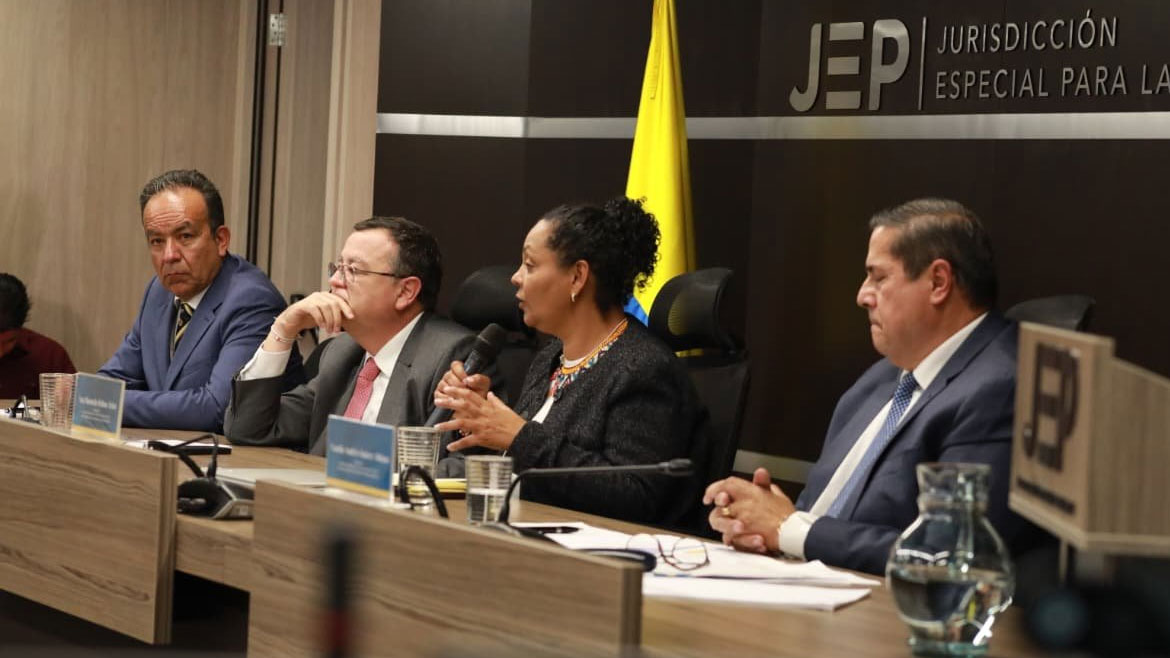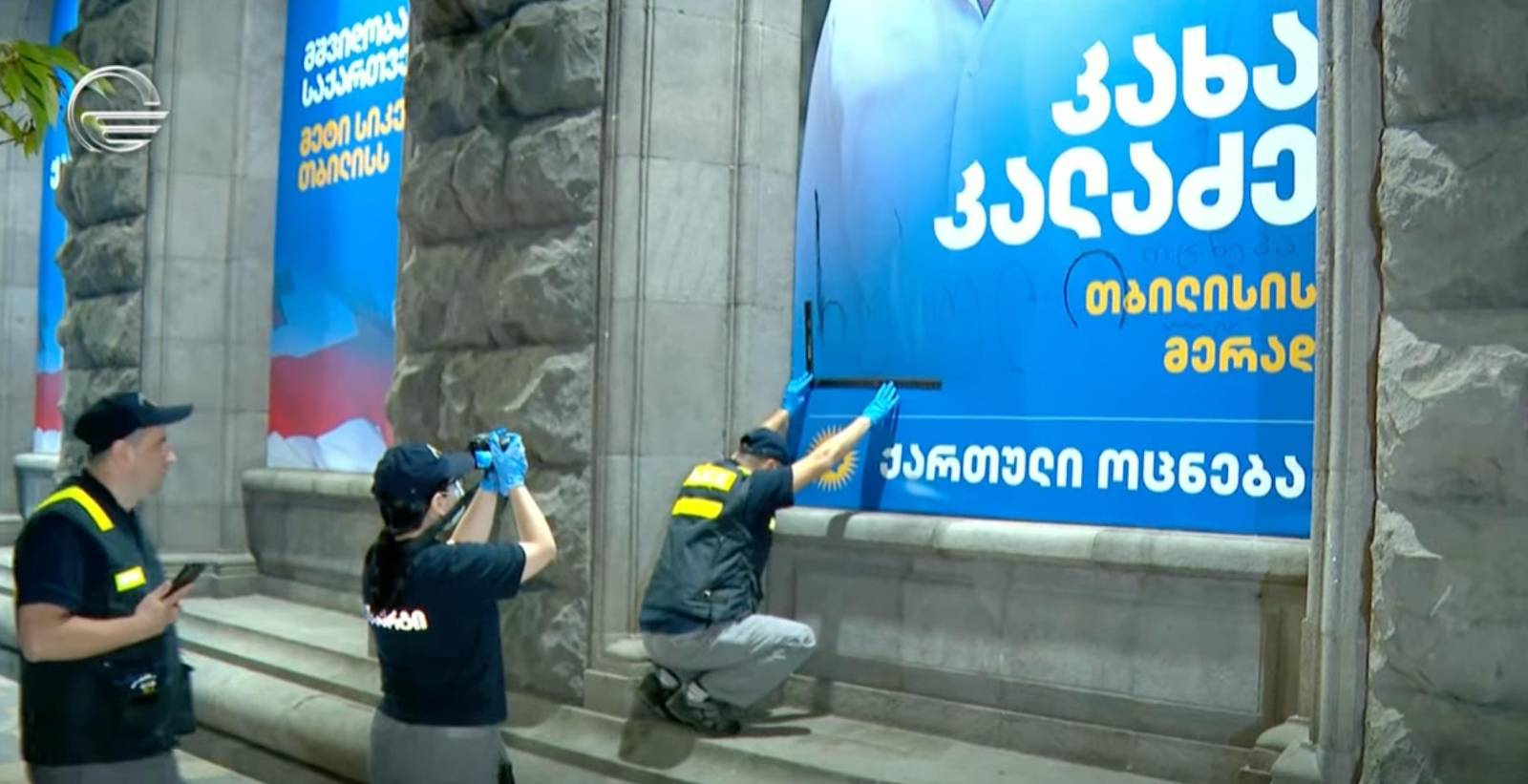By Adriaan Alsema
Copyright colombiareports

Colombia’s war crimes tribunal sentenced 12 members of the military to eight years of restorative labor for their role in the assassinations of 135 people in and around the city of Valledupar between 2002 and 2005.
The 12 had accepted their responsibility for the assassinations of their victims whose deaths were reported as combat kills to fake the results of their unit, Battalion La Popa in Valledupar.
The JEP considered all convicts as those most responsible for the criminal “false positives” conspiracy because of their rank or their key role played in the extrajudicial executions.
Three former members of La Popa, including the battalion’s former commander, Colonel Publio Hernan Mejia, denied responsibility and were excluded from the restorative justice system.
The JEP found that many of the assassinations were due to an alliance between La Popa and members of the Bloque Norte, a paramilitary groups that was part of the AUC.
In an attempt to conceal paramilitary violence in the region around Valledupar, people who had been killed in the AUC’s “social cleansing” campaigns were reported as combat kills by La Popa.
This alliance had a transactional dynamic, generated illegal benefits for both parties, and had broad general purposes, many of them related to the exchange of war material, services, and money. In other words, it was not forged solely by the existence of a “common enemy” that had to be fought.
On top of that, La Popa members assassinated people who had been lured to remote regions with the promise they’d be given work.
Many of these victims “were engaged in informal activities like recycling or street vending, and others were sleeping on the street,” according to the JEP.
The punishment
Because of their ongoing cooperation with justice, the convicted members of La Popa were sentenced to work on a restorative labor project in Valledupar that seeks to directly benefit the victims and their communities.
As part of their punishment, the soldiers will construct a mausoleum with honorable mentions of 700 victims of the armed conflict in Valledupar and the surrounding region.
The work includes the preparation and maintenance of the mausoleum and the logistical organization of events at the site.
The convicts will additionally have to be present at events to commemorate their victims.
While working on the projects, the soldiers will be housed in a Defense Ministry building in Valledupar and will not be allowed to leave the city.
Convicts who fail to comply with their legal obligations, will have to serve the remainder of their sentence in prison.
The sentence if the first of many in the JEP’s investigation into the extrajudicial executions of at least 6,402 people between 2002 and 2010.



